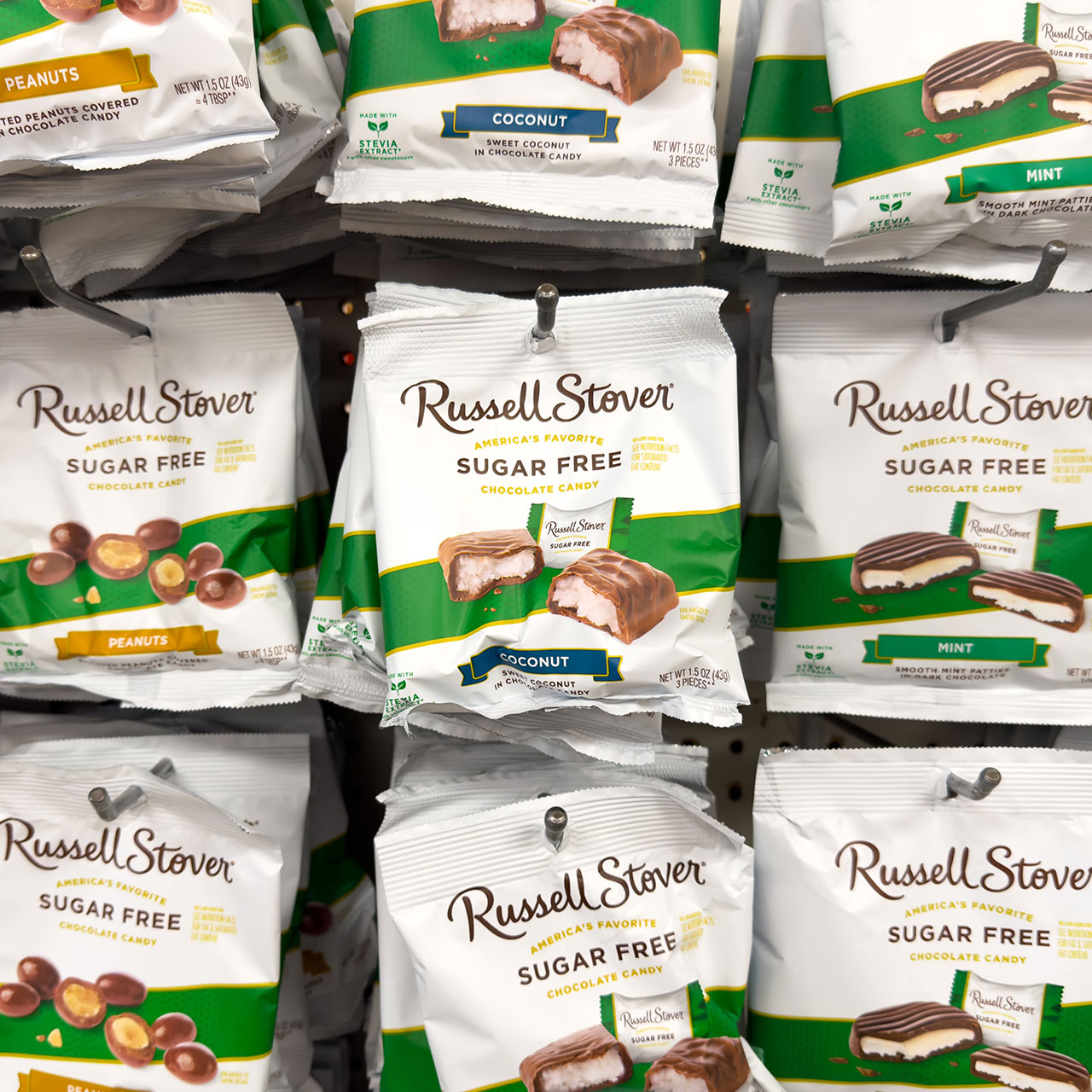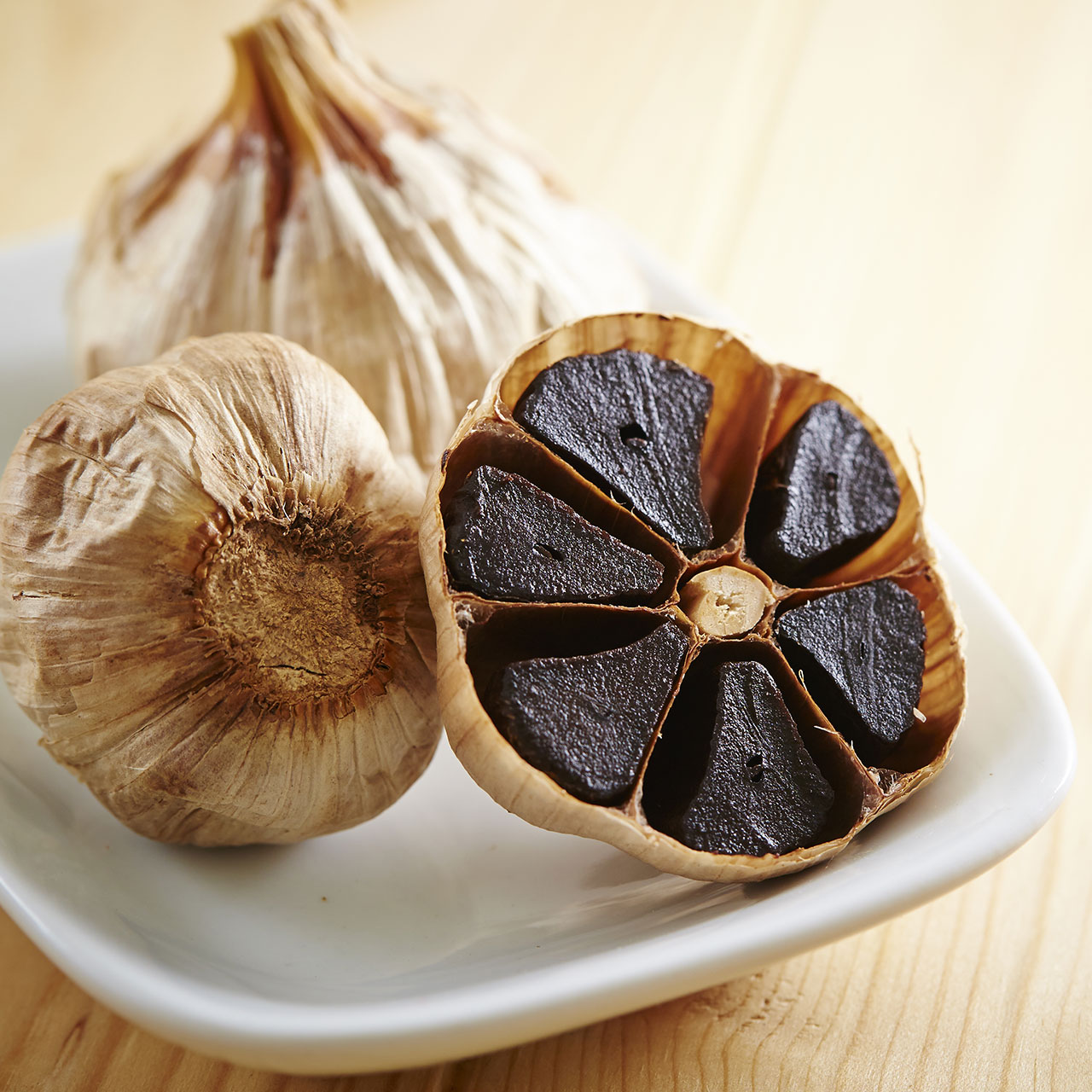This is an archived article and the information in the story may be outdated. Please check the time stamp on the story to see when it was updated last.
No matter what you’re cooking, just about every recipe calls for some type of oil or butter in the beginning. This is because fats are important to cooking. They help the rest of the ingredients cook thoroughly as most can reach high temperatures without burning, plus they add flavor, texture and sometimes event nutrition.
But you need to know which oils to cook with, and which to avoid altogether. Not all fats are necessarily bad for you, but some can be extremely unhealthy. And not all oils are meant to be cooked with – some are created to serve only as dressings and toppings.
These are the oils you should always avoid cooking with:

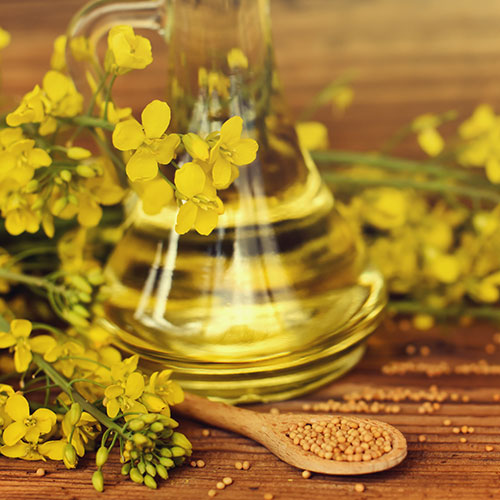
Canola Oil
You should avoid cooking with canola oil whenever possible. This oil is one of the worst for your health, because it has just about no nutritional value. The process of making canola oil requires high temperatures that strips its natural state of all nutrients it once had.
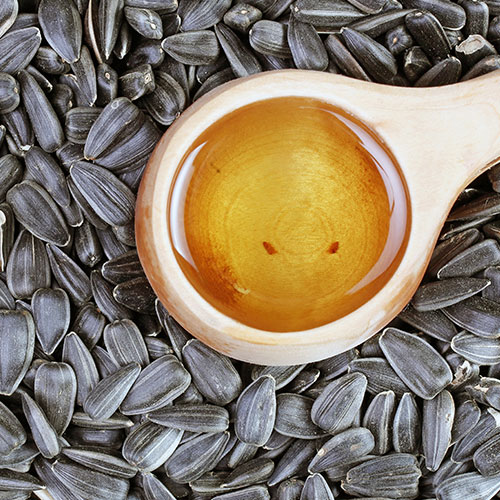
Sunflower Oil
Sunflower oil is often seen as a healthier option because is contains polyunsaturated fat, which is better for you than other fats. However, this oil is also high in omega-6 fatty acids, which can increase inflammation throughout, which puts you at risk for disease and prevents weight loss.
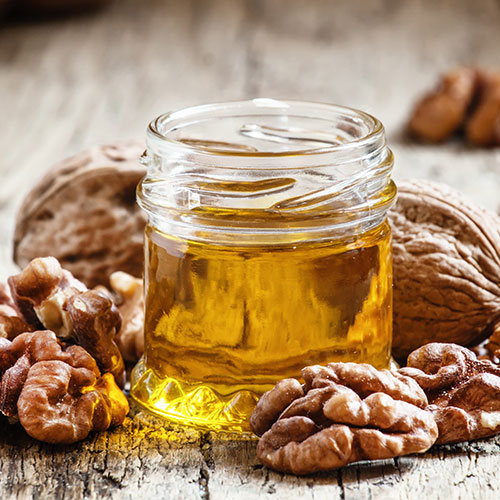
Walnut Oil
Walnut oil is a healthy oil, but it is not good for cooking because it has a low smoke point. Oils that have low smoke points should not be heated, and cooking with them could cause your pan to smoke and can ruin your meal and even trigger your smoke detector.
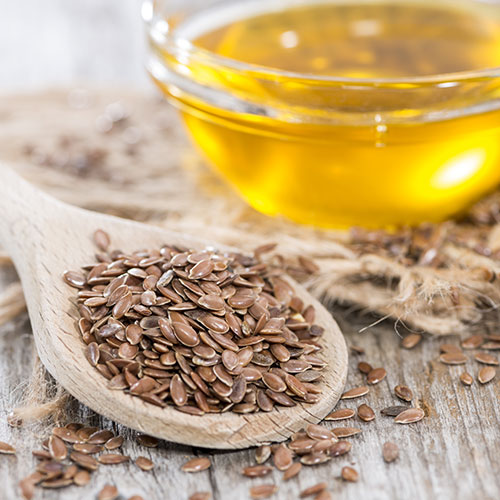
Flaxseed Oil
Similarly to walnut oil, flaxseed oil is a healthy option that isn't good for cooking. It shouldn't be heated, but it works great in salad dressing or as a topping on its own.










